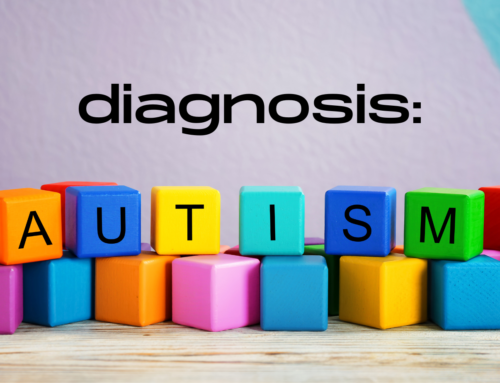Exposure to environmental pollution may cause brain changes that make people more vulnerable to developing autism or schizophrenia, according to a new study published in Environmental Heath
Perspectives.
This research falls in line with a 2013 study published in JAMA Psychiatry, which demonstrated an epidemiological link between pollution and autism; the researchers found that children who lived in areas with high levels of traffic pollution seemed to be more likely to be diagnosed with the neurodevelopmental disorder.
Now, researchers from the University of Rochester have uncovered the biological mechanism that may explain how pollution can put people at a higher risk for both autism and schizophrenia.
“From a toxicological point of view, most of the focus of air pollution research has been on the cardiopulmonary system – the heart and lungs,” study author Deborah Cory-Slechta, professor of environmental medicine at the University of Rochester, told FoxNews.com. “But I think it’s becoming increasingly clear that the adverse things happening there are also happening in the brain, and this may be adding to risks for neurodevelopmental disorders like autism that we hadn’t thought about before.”
Cory-Slechta and her colleagues executed several experiments to examine the effects of air pollution on different groups of young mice during a critical time in the brain’s development. Each group of mice was exposed to levels of air pollution equivalent to those seen in rush hour traffic.
After four hours of pollution exposure during two four-day periods, mice exposed to pollution experienced marked changes in behavior compared to mice living in an environment with filtered air.
Read the whole story at FoxNews.com






